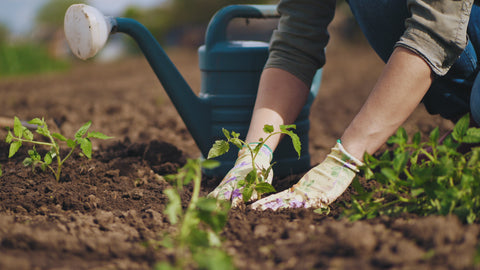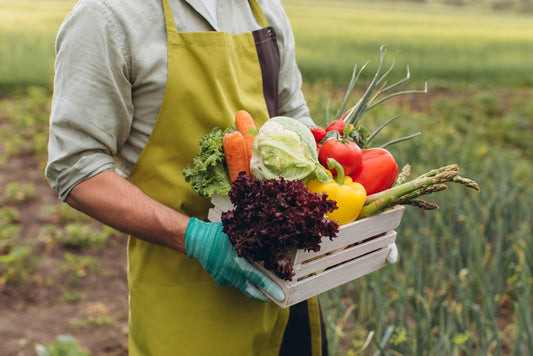
Learn how this nutrient plays an important part in plant and human health.
While many nutrients are vital to a plant’s health and success, potassium is one of the most important and most abundant. Potassium for plants is a macronutrient, meaning it’s needed in large quantities to nourish the plant.
Potassium plays a number of roles in plant health and is absorbed in its ionic form. Plants take up potassium more than any other element except for nitrogen. Like many other nutrients, potassium plays a helping hand in photosynthesis and protein synthesis, as well as other plant processes.
As it aids in photosynthesis, potassium enhances many enzyme actions to help the plant get better nutrition. It also builds cellulose and helps move sugar and starches from place to place, which allows the plant to stay nourished. In the leaves, it’s also constantly working to maintain turgor, otherwise known as the pressure within the cell walls that keeps the leaves and plant from wilting.
Sufficient potassium levels help plants resist droughts by growing longer, stronger roots. It also helps them stand up better to stressors like pests and diseases. Interestingly enough, potassium levels have a huge direct impact on how the food we eat tastes. Plants with enough potassium have a better, richer flavor, last longer on the shelf and in your pantry, and are more nourishing.
Potassium is vital to the function of human cells, too, so it’s important we get enough of it from our diet. This element regulates the heartbeat and helps your muscles and nerves function properly, allowing you to use your body to its fullest potential. Potassium also helps to process the other nutrients you’re giving your body, like proteins and carbohydrates. Without potassium, getting a healthy diet would be pointless because you wouldn’t be able to absorb those good nutrients.
Potassium is important to plants and people, so it’s important to nourish them well. By choosing Certified Prevegenics nutritionals, you’re choosing to make a difference in your health.



